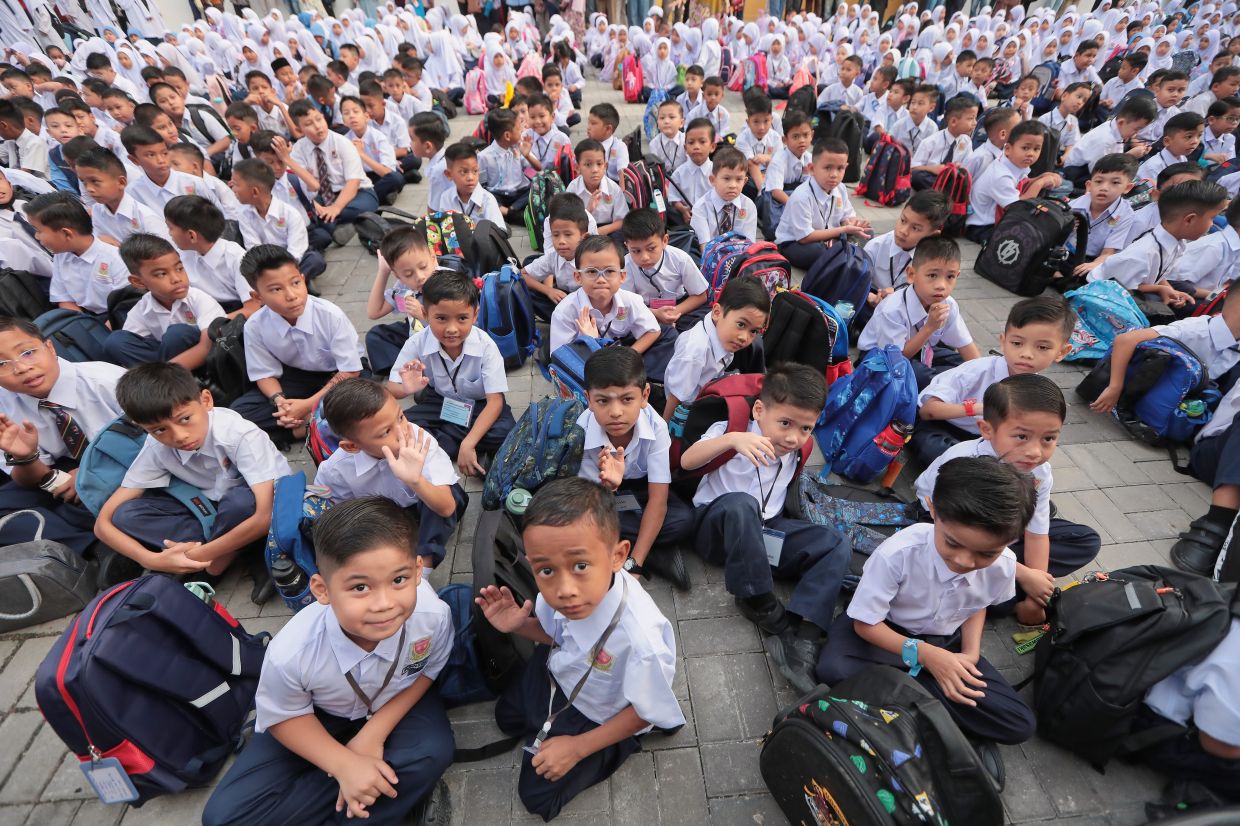PETALING JAYA: Budget 2024 will see the introduction of several electric vehicle (EV) incentives as part of Putrajaya’s initiatives to facilitate the energy transition process.
Prime Minister Datuk Seri Anwar Ibrahim, when tabling Budget 2024 in Parliament on Friday (Oct 13), said there would be a scheme to encourage usage of electric motorcycles for individuals earning RM120,000 and below a year.
"The scheme is expected to provide rebates up to RM2,500 for (owners)," said Anwar.
Meanwhile, Anwar said 150 electric buses will be acquired by Prasarana Malaysia Berhad and three bus depots will be built with a RM600mil allocation.
According to Anwar, present income tax exemptions of up to RM2,500 for those spending on EV charging facilities will be extended for four more years.
"Tax rebates for EV vehicle rentals extended for two more years," added Anwar.
Meanwhile, Anwar said Putrajaya would extend the Net Energy Metering (NEM) programme till Dec 31 next year to encourage more Malaysians to install solar panels in their residences.
“The government is also developing a programme to buy back solar panels at buildings with minimum cost implications.
"At the same time, the government urges companies to offer the 'zero-capital' subscription model, as offered by Gentari for homes," added Anwar.
He also said Putrajaya would be made an example of a low-carbon city in Malaysia.
"Putrajaya will begin installing solar panels on the roofs of government buildings by collaborating with TNB and Gentari.
"The Federal administration also started using electric vehicles as official vehicles," said Anwar.
He also said the government would continue supporting socially responsible investments (SRIs).
"We decided to extend tax exemptions for fund management companies that handle SRI funds, as well as tax cuts on the issuance of SRI sukuk until the 2027 assessment year," added Anwar, who is also Finance Minister.
Meanwhile, to encourage more companies to volunteer in the carbon trading market, Putrajaya will introduce tax exemptions of up to RM300,000 for companies that have already spent on Measurement, Reporting and Verification (MRV) for carbon projects.
"These expenses are deductible from the proceeds of the sale of carbon credits traded on the Bursa Carbon Exchange (BCX)," added Anwar.








































